FAQ about being an English teacher in Japan.
I taught at a private language school in Japan for a year, here's my takeaways.
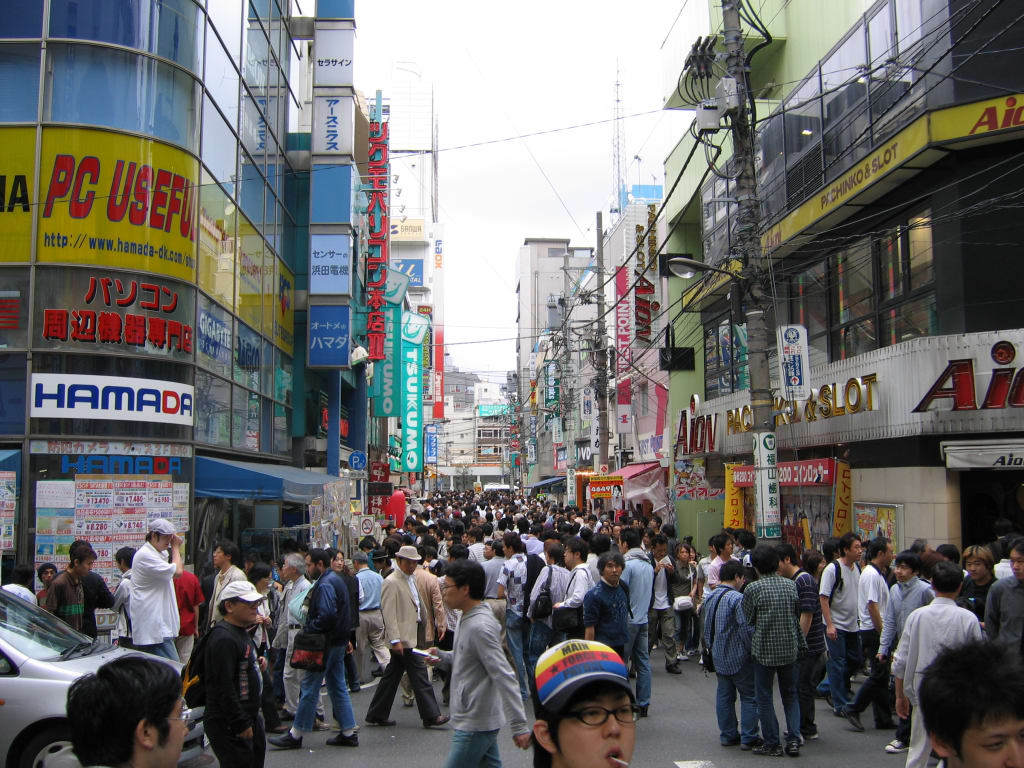
I worked as a teacher of English as a foreign language in Japan, 2008-09. I worked for GEOS which was a private company with small language schools all over the country. I specifically worked in two towns, Gotemba and Mishima, both were near Mount Fuji. These are some questions I was asked while working in Japan.
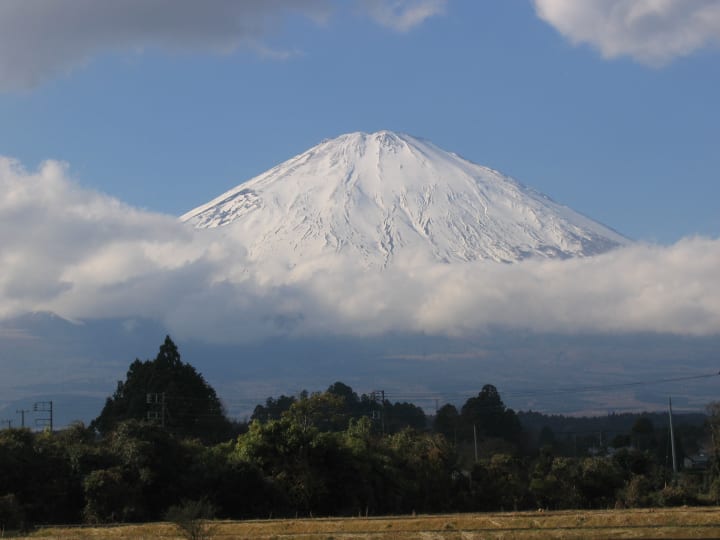
LESSONS
1. What do you teach specifically (age, group, number of students and title of courses)?
I taught all ages, my youngest student was 4 and my oldest was 75. There were several kids' classes which were broken down by age group and ability. For adults we had 3 main lesson types:
A. Active (max 12 students, but usually less)
B. Sprint (max 4 students)
C. Private
The active being the cheapest lesson type, private the most expensive. Some students may come twice a week and take one sprint and one active class.
2. What materials do you use?
Most of the books I used were designed by GEOS. I liked these books because they were designed specifically for Japanese learners in a small class and they came with activities to do in class. The rest of the books, mostly for upper level active classes, come from Cambridge University Press. I didn’t like these as much because they just listed a lot of grammar rules without having enough exercises to practice that new grammar and often lacked clear learning goals.
3. Where do you get your materials?
See above.
4. How many hours do you spend lesson planning?
Maybe 10-15 minutes a class. In a given week I’d have 33 classes a week at a time but I might teach the same lesson two or three times a week.
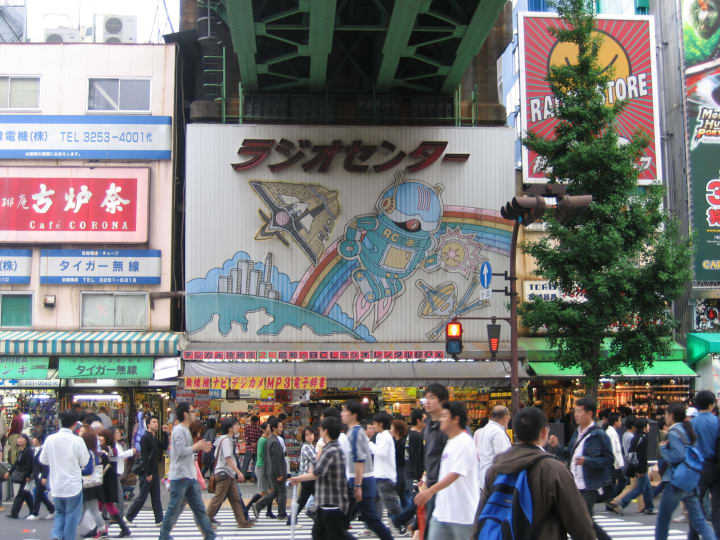
SCHOOL
5. How do you interact with your colleagues?
I only had two coworkers I saw on a daily basis. That is the school manager and what they called the "native English teacher" and by native they meant Japanese. The school manager might ask me to do an interview to check the level of a new student or counsel a student about their progress. The native English teacher handled the lower level adult learners. I got along well with both of them. Then there was the people from head office who sent a daily stream of emails demanding various reports and revenue generation…
I didn’t know it at the time but GEOS was a failing company when I was there. I remember having a video meeting where the CEO demanded that we have a 100% retention rate among our students, which was clearly impossible. A year after I left GEOS went bankrupt and some of my friends got stiffed on their wages
6. What is your work environment like? Classroom? Teacher's lounge? Do you have your own space?
I had my own classroom where I spent most of my day. There’s no teacher’s lounge.
7. What relationship do you have with your school director?
I get along well with my school's manager. The managers at GEOS were generally scrambling to try and meet corporate demands--they weren’t checking in on how I was actually teaching.
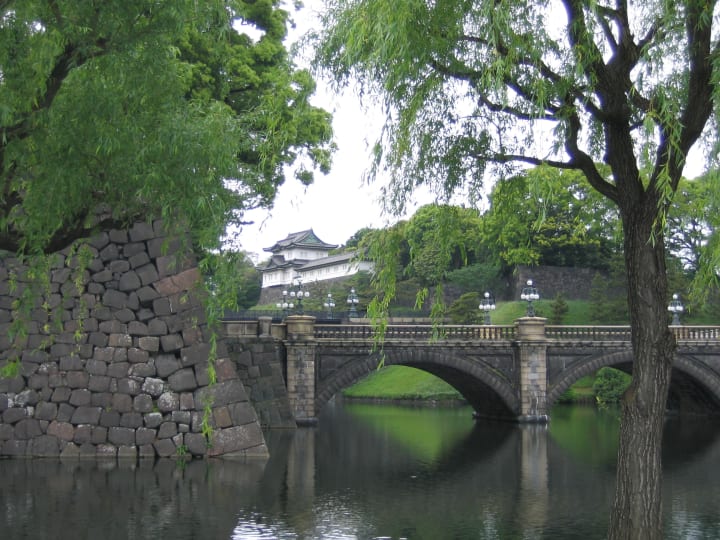
HOME and AROUND
8. How far do you live from school?
It took me about 15 minutes to walk to school. Though I originally worked at 2 schools which would involve riding on the train for an hour each way to get to the second school.
9. How do you get to school, around town?
I walked most places around town, which wasn't very big (many teachers get bikes, but I'm not a fan). If I wanted to go to the next town over or to Tokyo, then I took the train, usually a normal train, not a bullet train.
10. What sort of apartment do you live in?
A one room apartment. I had a loft that I could theoretically sleep in, but it was too tight for me, I just used it for storage. My kitchen had just two stove tops for cooking. The door frame to the bathroom was so low I had to duck my head to go in (I’m six foot tall). Note that even though I was in a small town but I still had a tiny space to live.
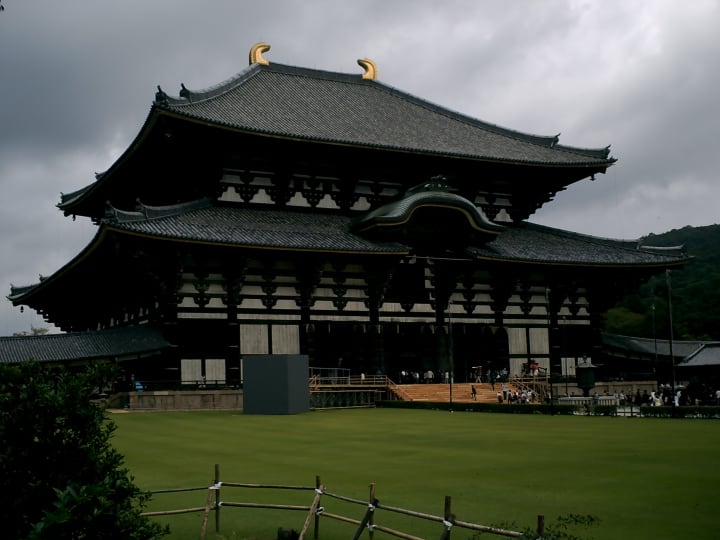
CONTRACT
11. Were there any surprises in your contract?
I was supposed to get free lessons in Japanese from the school. However, the person who was supposed to teach me just refused to do it. He was unhappy working there so he didn’t really care if he got fired.
I would take Japanese lessons from a local community center and study some on my own. It’s hard to understate how difficult the language is to learn. There was a Brazilian restaurant in town that had menus in Japanese and Portuguese. Even though I’d never studied Portuguese at all, I’d order off that menu because it was so much easier to read.
Luckily a lot of signs--particularly at railroad stations--were in English.
12. Who pays for travel, health insurance, housing, other benefits?
I had to pay for my own airline ticket there. If I had to travel around Japan for work then they'd pay for it. I paid for my housing which was automatically deducted from my pay. I supposedly got full health insurance but friends who needed to go to the doctor said they had to pay.
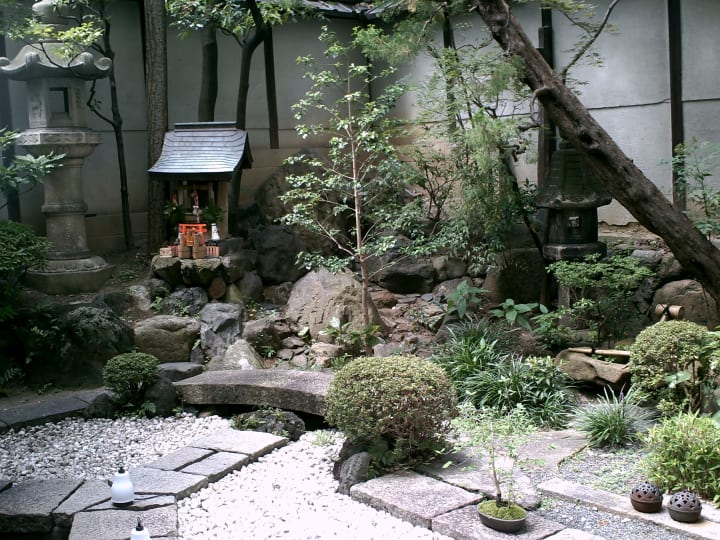
ADVICE
13. What do you wish you had known "then"?
When I signed up with GEOS one of the things that appealed to me was the opportunity for advancement. Once I got here I realized that advancing would mean sending out a stream of emails demanding various reports and revenue generation. No thanks. Also I wish I looked more into the mom and pop English schools.
14. What was the most important aspect of your resume?
I had to write an essay on why I wanted to teach in Japan. When I got to the interview I was told "Congratulations, there were less than 2 grammatical errors in your essay. 90% of applicants are rejected because they had more than 2."
15. Any advice or parting words for future TESL teachers?
GEOS needed about 10% of their teaching staff in Tokyo and 80% of their site location requests were for Tokyo. Consider other cities you might want to work at.
Before your days off, plan out day trips. There’s a lot you can get to see over the weekend but it helps if you plan it out in advance.
There’s kind of an idea that Japan is one step into the future, but it’s really not. My school had a really out of date computer. At the time, everyone was still using flip phones--a visiting friend of mine brought an iPhone and we found we could use it to impress girls.
You can expect to experience some racism. Sometimes I’d walk into a business and be told that they were closed when they were clearly open. Other times they’d just straight up say “No, Japanese only.” And I’m white, people of color have it worse.
Teaching English as a foreign language can be rewarding and enormously frustrating. If you get the chance, you should definitely give it a try.
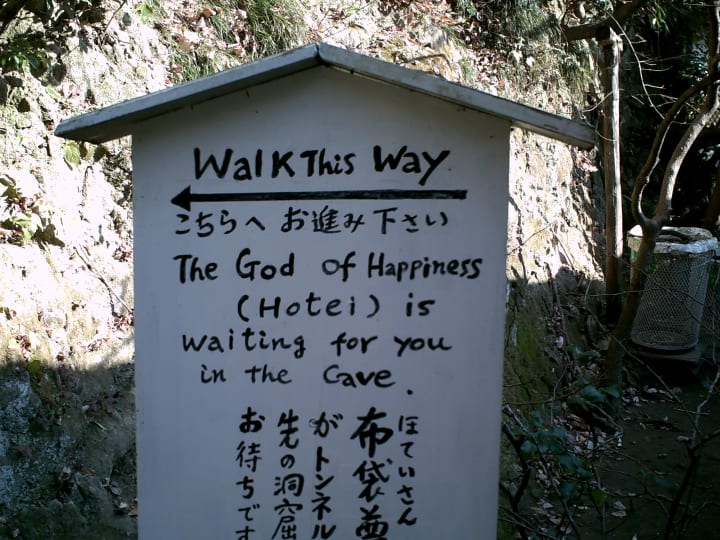
About the Creator
Buck Hardcastle
Viscount of Hyrkania and private cartographer to the house of Beifong.






Comments
There are no comments for this story
Be the first to respond and start the conversation.